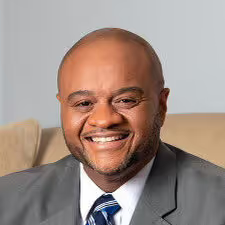Primary Election Results

Final Results:
all ballots reported
Last Updated:
12:26 PM on June 22, 2025



Jen Fleisher
and
Juandiego Wade
won this primary election.
There are two seats open on City Council this year, so this Democratic primary had two winners. Each winner had to earn more than 1/3 of the votes (33.3%) to be nominated.
How are ballots counted?
Votes Needed To Win
# of winners
share of votes
There are two open seats on City Council this year. In a ranked choice election with two winners, candidates need to earn at least 1/3 of the votes to win a seat.
Why a third? Because only two candidates can each win more than a 1/3 of the votes, no matter how many people run.
The ballots are counted in rounds until two candidates get enough votes to win.
- In Round 1, the 1st choice votes are counted. If two candidates each get more than 1/3 of the votes, they both win, and the race is over.
- If only one candidate gets enough votes to win in Round 1, the winner's extra votes (above 1/3) go to the voters' 2nd choice candidates in Round 2. The candidate that wins more than 1/3 of the votes in Round 2 wins the second seat.
Transferring votes in Round 2 ensures that no one's vote is wasted. If a voter's 1st choice gets more votes than they need to win in Round 1, that voter's 2nd choice can help choose the 2nd winner in Round 2.
Read a detailed example of ranked choice election results.
Why is Charlottesville using ranked choice?
Ranked choice voting lets voters express their honest views about all the candidates. A voter can't waste their vote by ranking their favorite candidate first, and voters can support a second candidate without fear of hurting their favorite. Your 2nd choice is only counted after your favorite has enough votes to win.
Under Charlottesville's former election system, voters could support two candidates but could not express a preference between them, leading many voters to "single shot" or "bullet vote" to avoid hurting their favorite candidate by using their second vote.
The Charlottesville Democratic Party requested a ranked choice primary and City Council granted the request with guidance from the City Registrar and Electoral Board, in keeping with state law. In a memo to Council last August, the City Registrar wrote that "ranked choice voting has been successfully adopted in various localities and states across the nation and has been shown by research to support more diverse candidate pools and improved civility in campaigns and elections".
Where else is ranked choice voting used?
Arlington has used ranked choice voting to elect its County Board since 2023. Outside Virginia, ranked choice voting is used statewide in Maine and Alaska and at the local level in roughly 50 U.S. cities and counties.